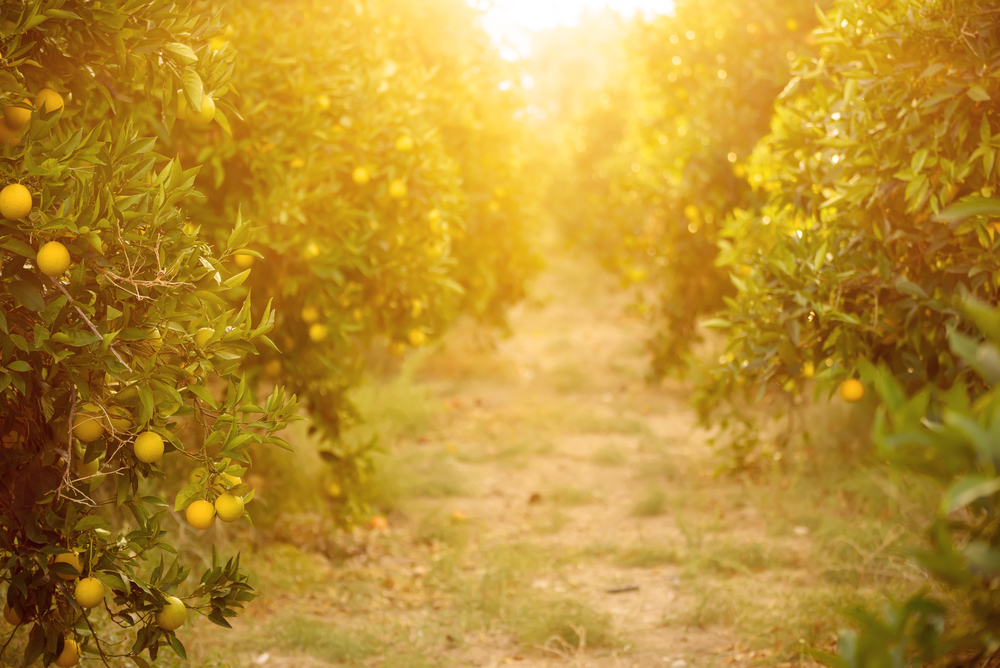
Using resources in a sustainable way
Organic agriculture seeks to integrate agriculture into the ecosystem and to use resources in a sustainable way, in order to maintain ecological diversity and achieve an equitable value chain
Organic agriculture seeks to integrate agriculture into the ecosystem and to use resources in a sustainable way, in order to maintain ecological diversity and to achieve an equitable value chain.
The bitter taste of our diet
70-80% of deforestation in the world is due to agricultural production.
Biodiversity loss, soil destruction, water pollution, pollinator decline… Did you know that between 70 and 80% of deforestation in the world is due to intensive agricultural production? We must urgently review our production methods and choose production models that seek to protect agricultural health.
There are alternative models to intensive agriculture that are more sustainable, such as agroecology, which seeks to integrate agriculture into the ecosystem and use resources in a sustainable way, in order to maintain ecological diversity and achieve a fair value chain.
As consumers, we have the power to choose production systems that minimise greenhouse gas emissions, environmental pollution and help promote more responsible consumption of fruit and vegetables.
But what is agroecology? Agroecology is a production system based on sustainable practices for land, air and water. Some of the most important characteristics of agroecology are :
- It sees agricultural production systems as ecosystems, promoting biodiversity and natural interactions between flora and fauna.
- It plans production cycles according to the natural processes of the earth, thus promoting ecological balance.
- It recycles nutrients by incorporating them back into the soil in the form of compost, thus achieving a circular economy.
- Continued research into energy efficiency and agricultural health.
Thus, agroecology allows for less intensive production systems, with real benefits for our planet such as:
- Carbon fixation in the soil and its subsequent storage, thus contributing to climate change mitigation.
- The elimination of polluting residues caused by intensive agricultural practices, thus avoiding water pollution and ensuring safer food for the consumer.
- Saving natural resources such as water and not releasing greenhouse gases into the atmosphere.
- Promoting agricultural health.
As you can see, with a small gesture like choosing agroecological food in your weekly shopping, you are directly collaborating with a more sustainable planet: food with a smaller water footprint and from more sustainable production systems. You will also state your preference for companies that produce more respectfully and consume healthier food for you and your family.
So what? Joining the agricultural revolution?
